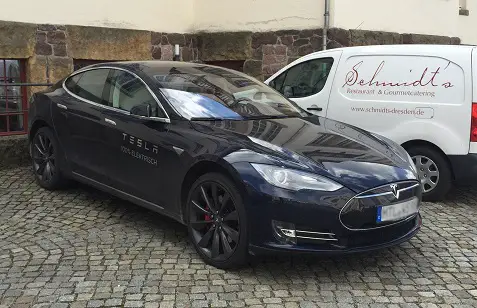On Monday, Chinese state media announced the government intended to offer financial support to firms in the smart vehicle supply chain which could be used to form organizations which would help spread innovation in the field. Meanwhile the government is seeking to create a series of standards for assisted and autonomous driving functions which would go into effect by 2025.
As the world’s largest market for automobiles, China has sought to make a long-term strategic focus the development of autonomous Intelligent Connected Vehicles (ICVs) which it hopes to use as a stepping stone in a drive to be the dominant global force in the still nascent autonomous EV market.
Its new initiative will see China support companies seeking to form “innovation consortia” which will share information and help the companies to learn from each other’s strengths to facilitate technological breakthroughs which will help the nation’s industry dominate the global marketplace, according to the report in the official Xinhua news agency.
According to Xin Guobin, vice minister of industry and information technology, China is looking to accelerate the formulation and revision of key standards used by the industry.
Although according to the five categories of autonomous driving the government has identified, Level 1 is the least intelligent or automated, official data indicates that in the first half of 2023 more than 42% of the nation’s new automobiles were already operating at Level 2.
At Level 2, vehicles can perform autonomous driving functions, however the driver must at all times be prepared to take over if road conditions change.
Level 3 automation, where the vehicle can be left to drive by itself under specific conditions, is now being spearheaded by Baidu’s Apollo Go. The ride hailing service has acquired a license which will allow it to run its driverless service commercially throughout parts of the city of Shenzhen.
That means the technology hub will become the fourth city in China which will have such a service available, after Wuhan, southwestern Chongqing, and the capital, Beijing.
China is pushing to put driverless vehicles on the road in an effort to force companies to master the core technologies behind advanced autonomous driving, so it may eventually become the industry leader worldwide.
However there are geopolitical headwinds for companies like Baidu and other developers, as the Untied States has sought to curb the country’s access to technologies necessary to the development of the feature, while other industry players, like Tesla Motors, have already attained a head start in the field.

